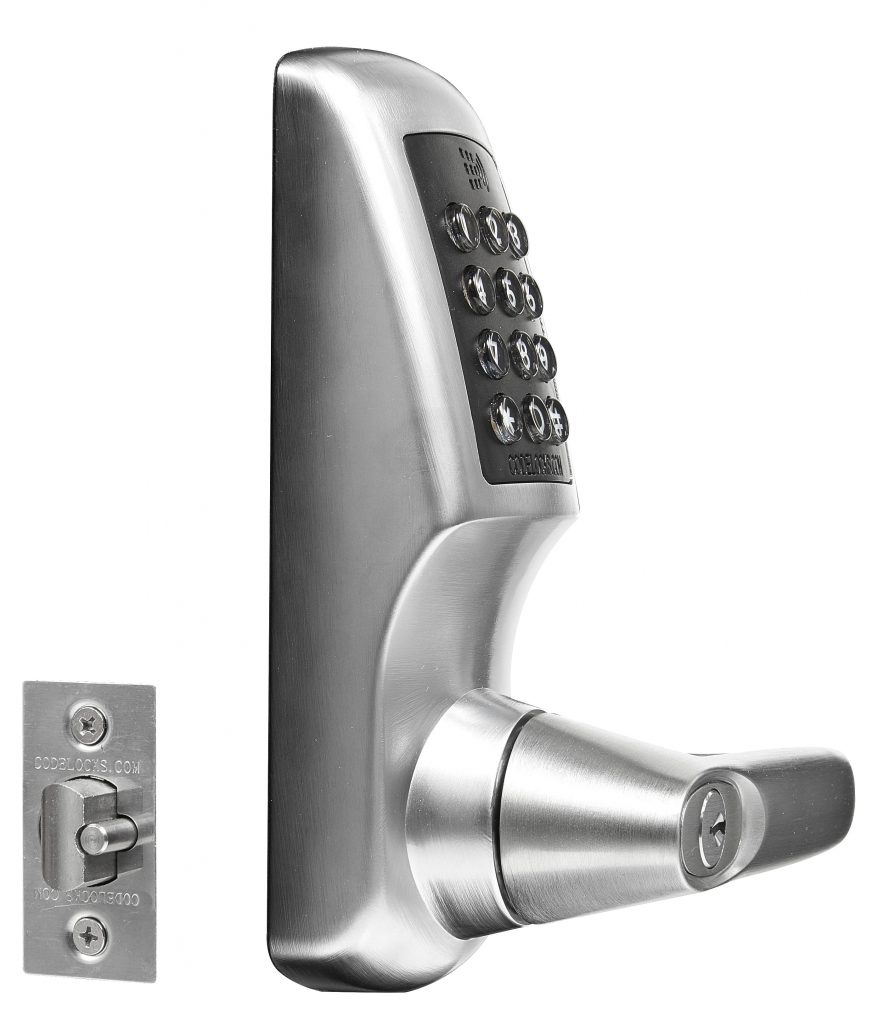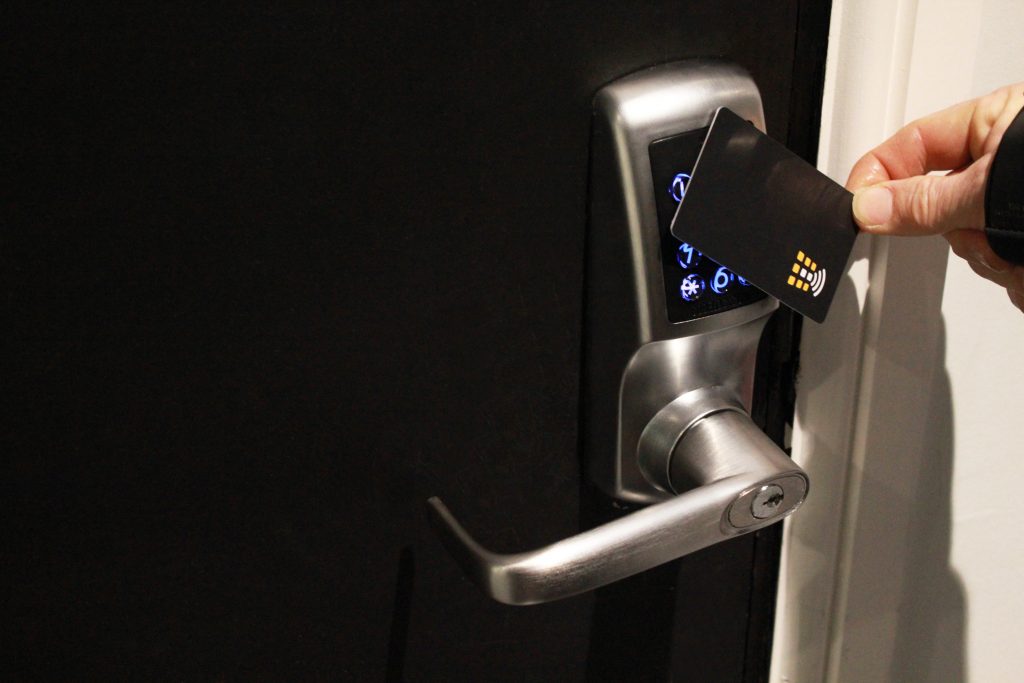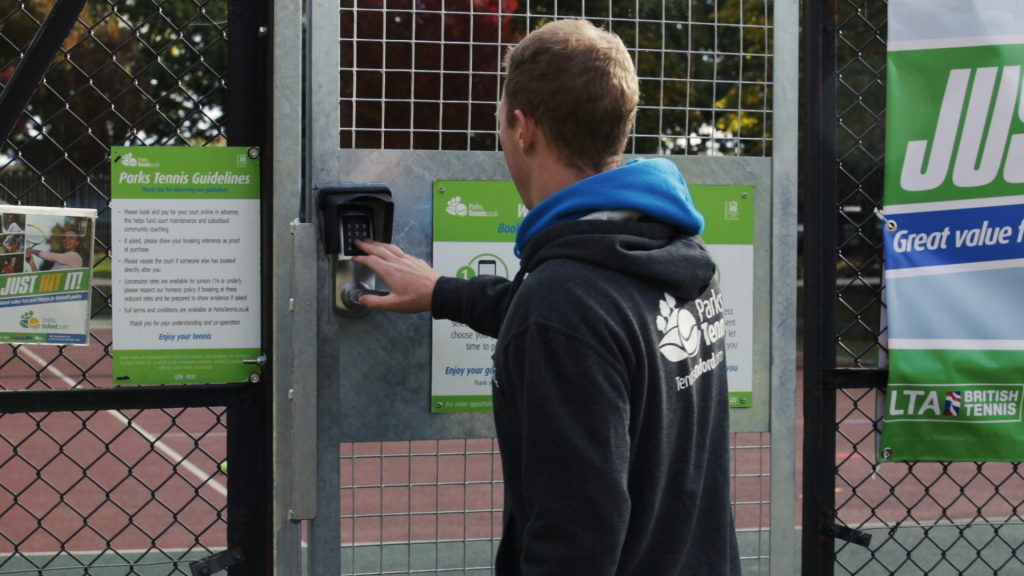 Before 1916, if you wanted goods from a grocery store, you would hand a list of items to a clerk, who would then go through the store, gathering the goods on your behalf. And then, one fine day in Memphis, Tennessee, Piggly Wiggly opened its doors to the world. Under the guidance of Clarence Saunders, this unassuming grocery store on 79 Jefferson Avenue introduced the novel concept of marking individual prices on items, gave customers shopping carts and allowed them to choose the goods themselves. The store marked the birth of what we now call ‘self-service’ and revolutionised the industry.
Before 1916, if you wanted goods from a grocery store, you would hand a list of items to a clerk, who would then go through the store, gathering the goods on your behalf. And then, one fine day in Memphis, Tennessee, Piggly Wiggly opened its doors to the world. Under the guidance of Clarence Saunders, this unassuming grocery store on 79 Jefferson Avenue introduced the novel concept of marking individual prices on items, gave customers shopping carts and allowed them to choose the goods themselves. The store marked the birth of what we now call ‘self-service’ and revolutionised the industry.
And the revolution is still underway. Just a few short years ago, the only way to get an airline ticket was to visit a travel agent, book a trip and wait for your tickets to arrive in the post. You’d then need to visit the check-in desk, speak to a member of staff, who would verify the information on your ticket matched the details in your passport. The airline staff would then check your bags in, before you could finally make your way through security.
These days, the process is a lot more streamlined. Flights can be bought online, with no need for a physical ticket to be sent out. Instead, travellers can show up with just their mobile phone which can be scanned by an unmanned machine. Even the boarding process has become automated on some airlines.
The concept of self-service is sweeping through virtually every industry and vertical. Web self-service is now the most widely used communication method for customer service, surpassing the telephone as the number one channel. From checkouts, petrol stations and restaurants to retail, banking and customer support, self-service is becoming a key feature of the business landscape.
And now smart locks using NetCode from Codelocks brings this self-service revolution to businesses through access control.
What is NetCode?
NetCode is a platform from Codelocks that allows you to generate time-sensitive access codes via an app or a web portal for a range of compatible locks. You can create access codes for a specific date, time and duration and send them automatically to the end-user via email or SMS. This innovative technology enables a range of locks that are not only more secure, but open a world of possibilities for businesses looking to exploit the benefits of self-service.
Completing the self-service chain
To date, many of the sectors that have embraced self-service technologies, have done so for two primary reasons – to reduce overheads through automation; and to simplify or improve the customer experience. Self-service access control carries additional benefits for both the company and the customer.
It’s important to consider that there are always going to be multiple links in a self-service chain; the more of these that are automated, the more effective the chain becomes. Take the earlier example of boarding an aircraft. First, there is the booking process, then the check-in process, the baggage drop, security and finally the departure gate. The airline industry has successfully introduced automation into each of these phases, with the exception of security – which happens to be the most burdensome leg of any journey.
In the same vein, many businesses are already well on their way to embracing a self-service model; only to find themselves tied down by one specific component of the experience. Access control is one such component.
 Consider self-catering holiday lets as a prime example. Sites such as Airbnb have shaken up the hospitality industry, allowing property owners to let directly to the public with no need for a costly middleman. This forms the first part of the self-service chain, allowing the customer to fully manage the process.
Consider self-catering holiday lets as a prime example. Sites such as Airbnb have shaken up the hospitality industry, allowing property owners to let directly to the public with no need for a costly middleman. This forms the first part of the self-service chain, allowing the customer to fully manage the process.
But access control remains a major stumbling block in the chain. Property owners often have to meet the customer on site to hand keys over. Some choose to place keys in a wall-mounted safe at the property. Not only does this present security concerns when the property is vacant, but there is also the possibility of keys being duplicated without the owner’s consent.
There are, of course, a variety of consumer-grade smart locks available that utilise technologies such as Bluetooth or Wi-Fi. While these fulfil the basic requirements of self-service access control, they are reliant on the customer having a compatible device or a stable Wi-Fi connection. Once a customer has been granted access, there is also the possibility that they might reuse the credentials without permission. The same can be said for standard keypad locks.
NetCode from Codelocks provides the ideal solution for such a scenario, allowing property owners to remotely generate codes for a specific date, time and duration. Codes can be sent via email or SMS, and will only grant access during the designated timeslot. This approach is more convenient for the person letting the property and, as it hands control over to the end-user, improves the customer experience by completing the ‘self-service journey’.
It’s not just holiday lets that can drastically benefit from self-service access control. Sports centres, hotels, gyms, public lockers – any facility that is seeking to reduce overheads, whilst maintaining highly controlled access could benefit from Codelocks’ NetCode technology.
Self-service access control extends beyond customer-facing applications. For example, if access is required for maintenance of a remote site or a one-off repair visit, a NetCode compatible smart lock is the perfect solution.
Case studies
Pirate Studios is an innovative start-up company that has embraced the self-service model by offering musicians 24/7 access to its recording studios. Codelocks fitted CL5510 smart locks on the front door and on each studio door, as well as KL1550 KitLocks on the storage facilities for music equipment.
The company has integrated NetCode with its existing booking system, allowing musicians to book studio time instantly online. Codes are then automatically generated and sent directly to the user via SMS. The Audit Trail function of the locks allows Pirate Studios to track user activity, providing the business and its musicians with peace of mind.
This innovative approach to studio hire has significantly reduced overheads as there is no need to staff the sites 24 hours a day. The model has been incredibly successful and Pirate Studios now has sites in eight cities across the UK.
Parks Tennis
 Parks Tennis is a community interest organisation with a simple mission statement – to ‘improve lives through tennis’. In partnership with local authorities, Parks Tennis has expanded across six cities and offers a range of coaching options. The company aims to make it easy for people to find and book affordable tennis courts that are safe and welcoming to all.
Parks Tennis is a community interest organisation with a simple mission statement – to ‘improve lives through tennis’. In partnership with local authorities, Parks Tennis has expanded across six cities and offers a range of coaching options. The company aims to make it easy for people to find and book affordable tennis courts that are safe and welcoming to all.
Parks Tennis is a not-for-profit with big ambitions. When looking for an access control solution, they scoured the market looking for an affordable self-service platform. The CL5510 from Codelocks was the ideal solution to meet its needs.
Players are now able to book a court in seconds and instantly receive a time-specific code. Parks Tennis also instantly increased its income because users can no longer play without paying. And because the CL5510 also allows access via smart cards, longstanding members and coaches can gain access any time, without the need for a code.
Automation and Integration
The more automation that can be introduced to self-service, the greater the benefits. For organisations looking to integrate NetCode into their existing systems, Codelocks provides a straightforward Application Programming Interface (API).
The API opens up a world of possibilities, allowing companies to fully integrate the code generation platform with their own systems. A leisure centre, for example, could replace their changing room lockers and still maintain their existing check-in process.
The next step in the self-service revolution
It can be difficult for businesses to spot opportunities that aren’t yet in the mainstream. If you’d asked grocery store owners back in 1915 whether they thought there was a better way to run their businesses – one that reduced costs and improved the customer experience – it’s doubtful that they would have had the same vision as Mr. Saunders. And yet here we are, over 100 years later, embracing the self-service model pioneered by Piggly Wiggly.
As the model continues to evolve, and the self-service chain becomes increasingly complex, it’s new technologies like NetCode that are paving the way for the future.
